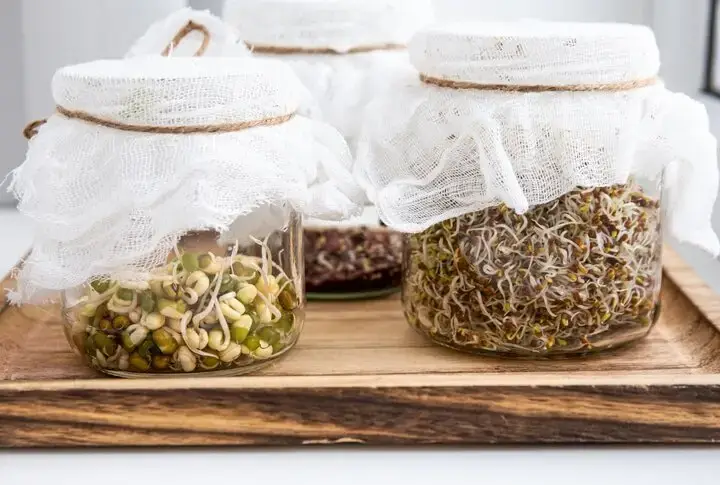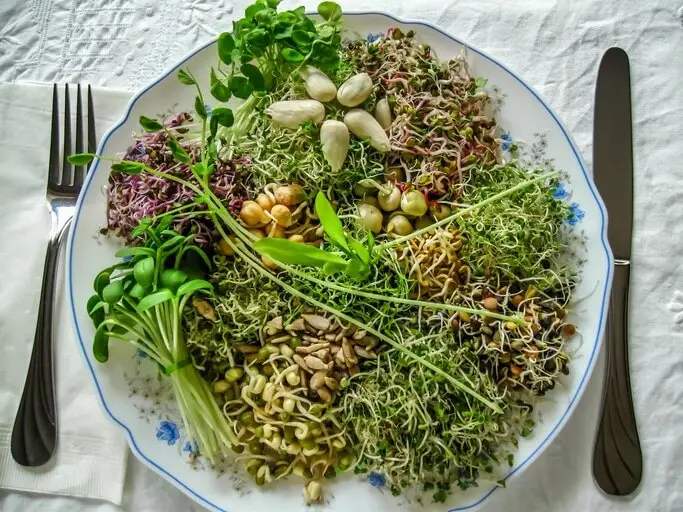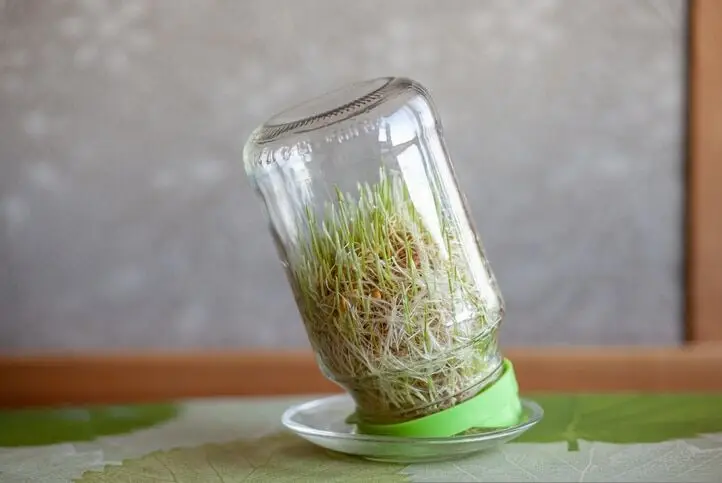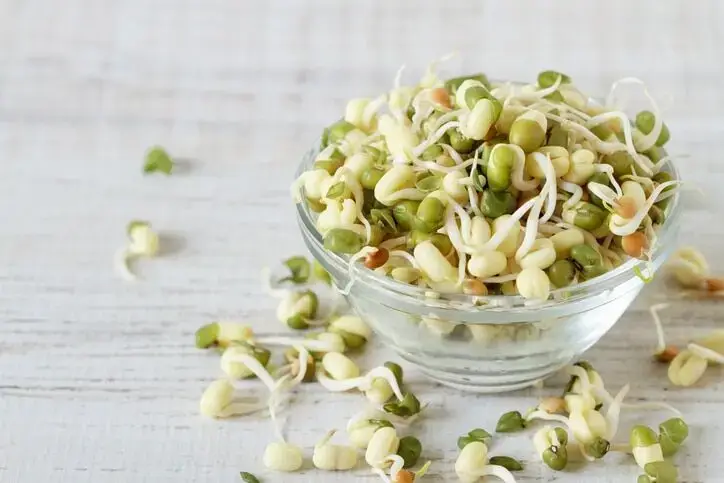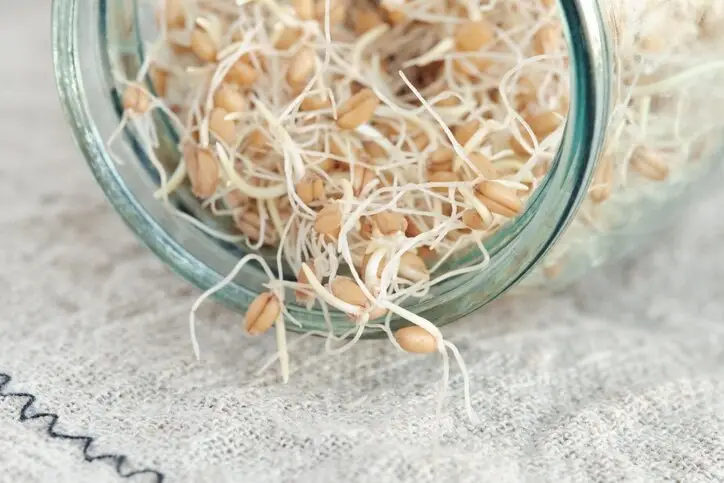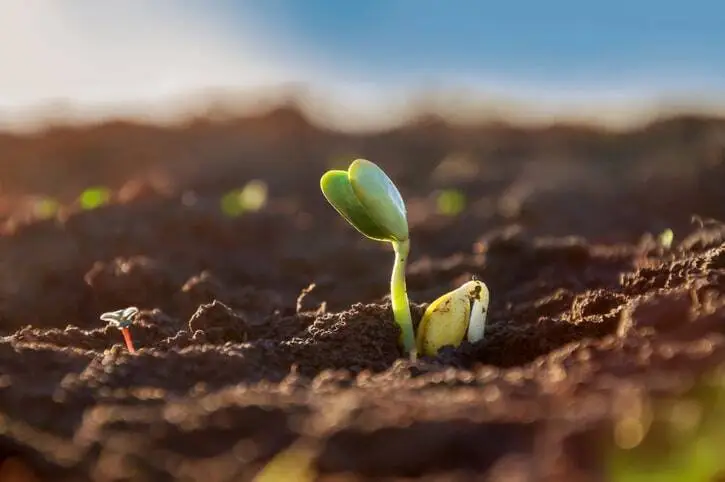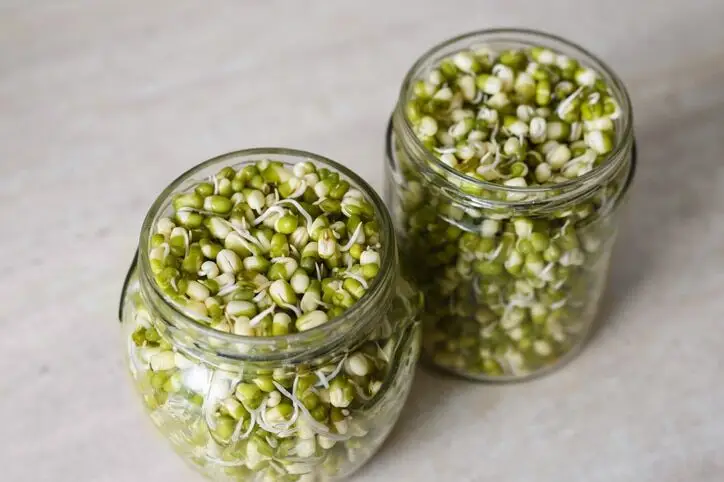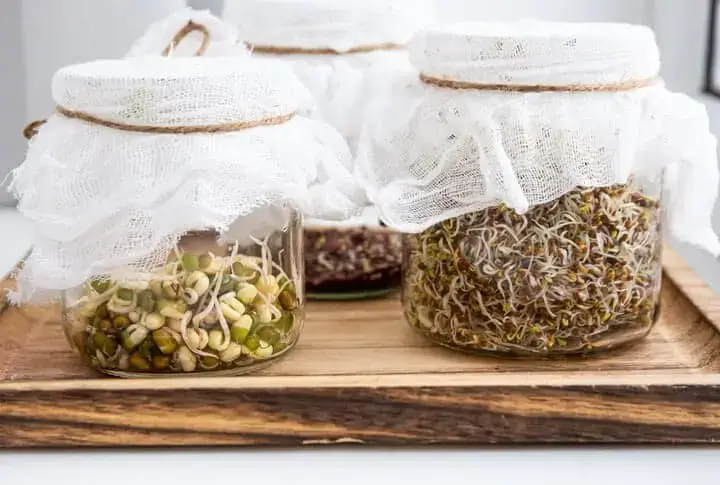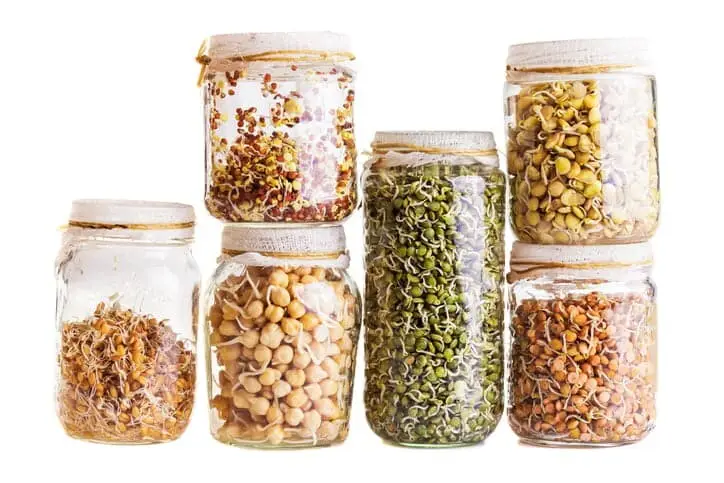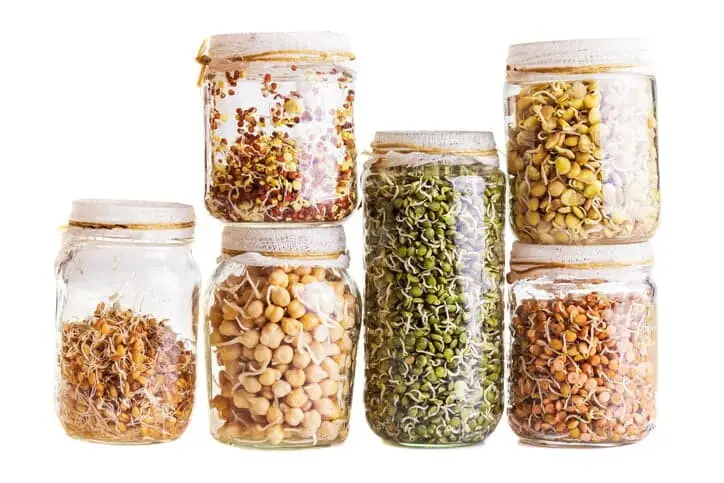Sprouting for Sustainability: How Sprouts Can Help Reduce Food Waste
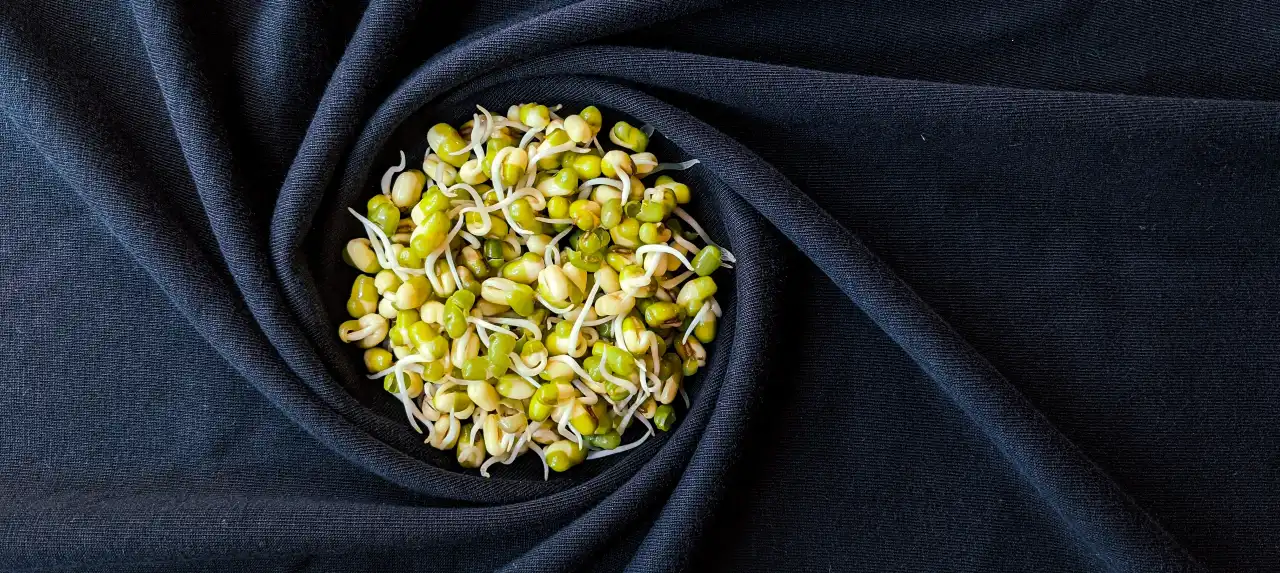
Food waste is a major problem in our society. According to the USDA, up to 30% of the food supply in the United States is wasted each year. This equates to billions of pounds of food that could be put to better use. One solution to this problem is sprouting.
Sprouting is a simple and effective way to use up leftover grains, beans, and seeds that might otherwise go to waste. When a seed begins to sprout, it activates enzymes that break down starches and proteins. This process increases the availability of vitamins and minerals, making them easier for the body to absorb. Additionally, sprouting can increase the protein content of grains and legumes, making them a more nutritious food source.
By sprouting, you can use up leftover grains, beans, and seeds that might otherwise go to waste. This can be especially beneficial for people who buy these items in bulk and have leftover amounts that are difficult to use up. Sprouting can also be a more sustainable way to consume fresh produce. Growing your own sprouts requires minimal resources and can be done year-round, regardless of the season.
To get started with sprouting, you can use a variety of different grains, beans, and seeds. Some common options include lentils, mung beans, quinoa, and sunflower seeds.
Follow the steps outlined in our previous article, “How to Sprout at Home: A Beginner’s Guide,” to begin sprouting at home. Once you’ve harvested your sprouts, you can use them in a variety of ways, including salads, sandwiches, and wraps.
In conclusion, sprouting is a simple and effective way to reduce food waste and promote sustainability. By using up leftover grains, beans, and seeds, you can create a nutritious and delicious food source that is easy to grow at home. Give sprouting a try and see how it can help you make the most of your food resources.
References:
- Ahuja S, Zhao Y. Building a sustainable food system through a waste reduction hierarchy: A case study of reducing food waste on a university campus. Journal of Cleaner Production. 2019; 222: 633-643.
- Chauhan N, Gupta N. The impact of bulk purchase on household food waste: A case study of rice, flour and oil in India. Journal of Cleaner Production. 2020; 252: 119920.
- Han E, Powell LM. Consumption patterns of sugar-sweetened beverages in the United States. Journal of the Academy of Nutrition and Dietetics. 2013; 113(1): 43-53.


